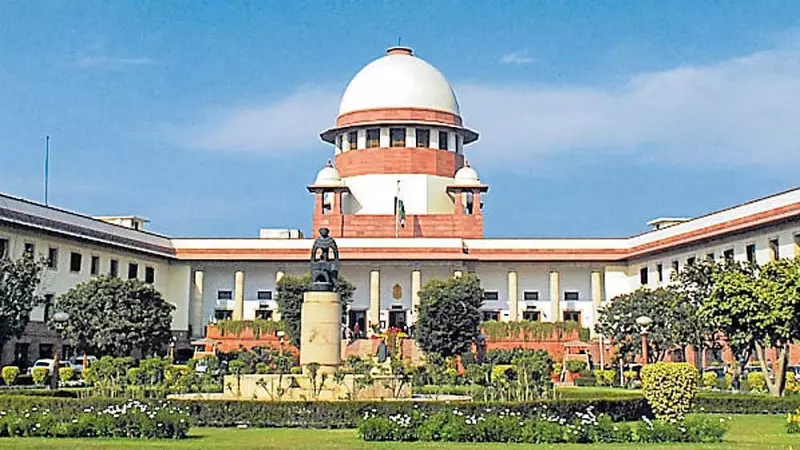
In a landmark development that could reshape India's reproductive rights landscape, the Supreme Court has stepped in to examine a contentious provision in the country's surrogacy legislation. The court has agreed to scrutinize the constitutional validity of a law that effectively bars couples from pursuing surrogacy for their second child.
The Heart of the Legal Challenge
A bench comprising Justice B R Gavai and Justice Sandeep Mehta has issued notices to both the Central Government and the Indian Council of Medical Research (ICMR), seeking their responses to this significant legal challenge. The case centers around provisions in the Surrogacy (Regulation) Act, 2021 that restrict surrogacy options for couples who already have one child.
Couple's Emotional Plea Reaches Highest Court
The legal battle reached the Supreme Court after a couple's emotional appeal highlighted the practical difficulties created by the current legislation. The petitioners, who already have one child, argued that medical complications prevent them from conceiving naturally for a second child. Their situation represents countless couples across India facing similar reproductive challenges.
"The law in its current form creates an impossible situation for couples who want to complete their family but face medical barriers," the petition argued, emphasizing the emotional and physical toll on hopeful parents.
Broader Implications for Reproductive Rights
Legal experts suggest this case could have far-reaching consequences beyond just surrogacy regulations. The Supreme Court's examination touches upon fundamental questions about reproductive rights, family planning autonomy, and the state's role in regulating how couples choose to build their families.
Key Questions Before the Court
- Does restricting surrogacy for second children violate constitutional rights?
- How should medical necessities be balanced against regulatory concerns?
- What constitutes reasonable restrictions on reproductive choices?
Government's Stance and Future Proceedings
The Central Government has previously defended the legislation as necessary to prevent commercial surrogacy and protect the rights of all parties involved. However, critics argue the law goes too far in restricting legitimate medical needs.
The Supreme Court has scheduled the matter for further hearing, marking the beginning of what could become a watershed moment in India's reproductive rights jurisprudence. The outcome could potentially open new avenues for couples struggling with secondary infertility while maintaining necessary safeguards against exploitation.






